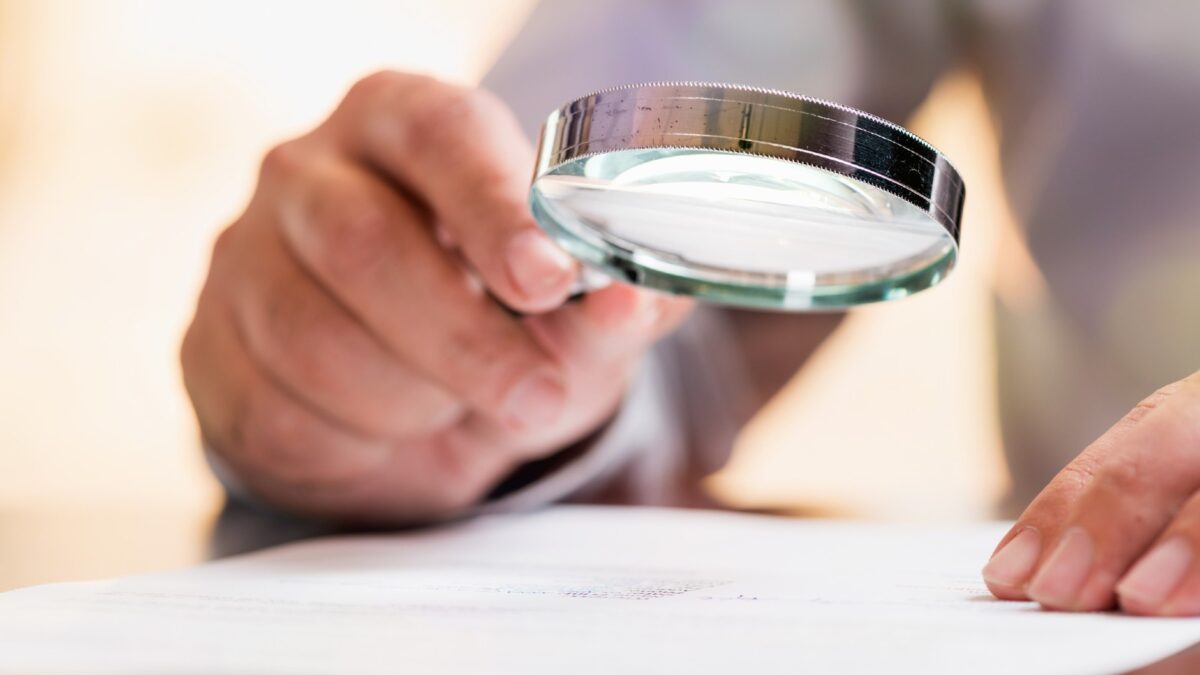FTSE investment manager abrdn (LSE: ABDN) has seen its share price drop 35% from its 20 July 12-month traded high.
This was almost entirely due to a technical readjustment after it was demoted from the FTSE 100 to the FTSE 250 last August.
It meant that the share was automatically dropped from funds tracking the FTSE 100. Other funds that only invest in the most regulated, highest-credit-rated shares also cut their holdings in it.
I almost never invest in non-FTSE 100 firms, but three key factors prompted me to do so in abrdn recently.
It was here before and bounced back
In August 2022, abrdn was also demoted from the FTSE 100 before being promoted again in December that year. During that period, its shares also collapsed on demotion, before spiking again when it was promoted back.
I think the same may happen again as the company has embarked on a major reorganisation to that end.
It intends to cut costs by £150m, focusing on removing layers of management – always a good idea in my view. The firm also sold its lacklustre US and European Private Equity operations.
It is now concentrating on its well-performing investments, advisory, and the ii investment platform. These made adjusted operating profits of £50m, £118m, and £114m, respectively, in 2023.
Overall, it made an adjusted operating profit last year of £249m. This was down slightly from £263m in 2022, due to the upfront costs associated with restructuring.
One risk is that its reorganisation is not successful long term. Another is that its assets under management (AUM) may start to decline again.
However, a Q1 2024 update showed its AUM rose by 3% year on year, to £507.7bn. And consensus analysts’ expectations are now that its earnings will grow by a stunning 56% every year to end-2026.
Is it undervalued?
The demotion and automatic sell-off that followed have left the shares very undervalued, I think.
On the key price-to-book (P/B) measurement of stock value, it trades at just 0.5 against a peer group average of 3.6.
It also looks undervalued on the price-to-sales (P/S) ratio – trading at only 1.9 against a peer group average of 3.2.
On both key measures, the shares look like a major bargain to me.
Huge dividend payer
In 2023, it paid a total dividend of 14.6p per share. Based on the current share price of £1.53, this gives a yield of 9.5%.
Yields can fall as well as rise, depending on dividend payments and share prices. However, this compares to the current average FTSE 250 yield of 3.4% and the FTSE 100’s 3.8%.
So, a £10,000 investment would yield £950 this year. Over 10 years, provided the rate stayed the same, this would add £9,500 to the initial investment.
Crucially, though, much more could be made if I reinvested the dividends back into the stock – known as ‘dividend compounding’.
Doing this would give me an extra £15,761 instead of £9,500.
After 30 years of doing this with an average 9.5% yield, I would have £170,949. This would pay me £15,434 ayear in dividends or £1,286 a month.
Given the excellent yield, the apparent undervaluation, and its strong growth prospects, I will be buying more abrdn shares very soon.





